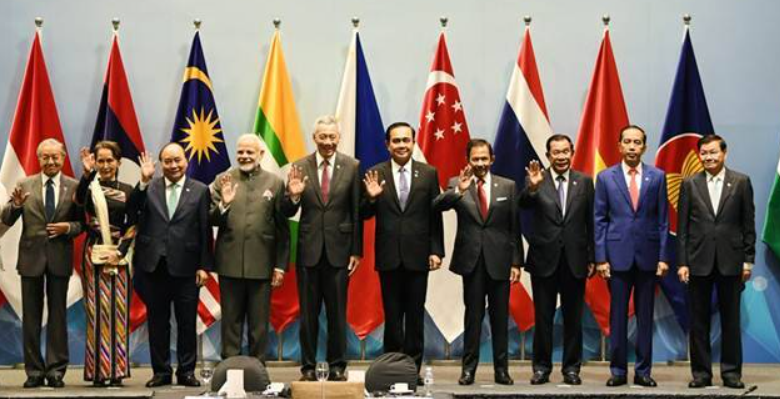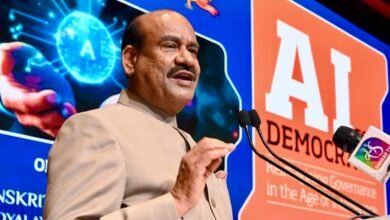ASEAN foreign ministers call on PM Modi

The foreign ministers of the ASEAN member states on Thursday called on Prime Minister Narendra Modi and discussed various aspects of cooperation between the two sides.
The ASEAN foreign ministers are in New Delhi to attend a two-day conclave being hosted by India to mark the 30th anniversary of its relations with the 10-nation grouping.
“Had a good interaction with Foreign Ministers and Representatives of @ASEAN countries as we celebrate 30 years of close India-ASEAN cooperation,” Modi tweeted.
The Association of Southeast Asian Nations (ASEAN) is considered one of the most influential groupings in the region, and India and several other countries including the US, China, Japan and Australia are its dialogue partners.
“A milestone in India-ASEAN friendship! India is hosting the Special ASEAN-India Foreign Ministers’ Meeting (SAIFMM) to mark 30 years of our dialogue relations & 10 years of our Strategic Partnership. SAIFMM participants called on PM @narendramodi this morning,” External Affairs Ministry spokesperson Arindam Bagchi tweeted.
National Security Advisor Ajit Doval and External Affairs Minister S Jaishankar were present in the meeting between Modi and the ASEAN foreign ministers.
The ASEAN-India dialogue relations started with the establishment of sectoral partnership in 1992 which graduated to full dialogue partnership in December 1995 and summit level partnership in 2002.
The ties were elevated to a strategic partnership in 2012.
The ASEAN is central to India’s Act East Policy and its vision for the wider Indo-Pacific. The ASEAN comprises Indonesia, Thailand, Vietnam, Laos, Brunei, the Philippines, Singapore, Cambodia, Malaysia and Myanmar.
In his opening remarks at the meeting, Jaishankar said India fully supports a strong, unified and prosperous ASEAN with a central role in the Indo-Pacific and both sides now should identify a new set of priorities.
The external affairs minister also talked about the “geopolitical headwinds” triggered by the Ukraine crisis and its knock-on effects on food, energy security, prices of fertilisers and commodities as well as logistics and supply chains.
Source: PTI
Photo: Internet






